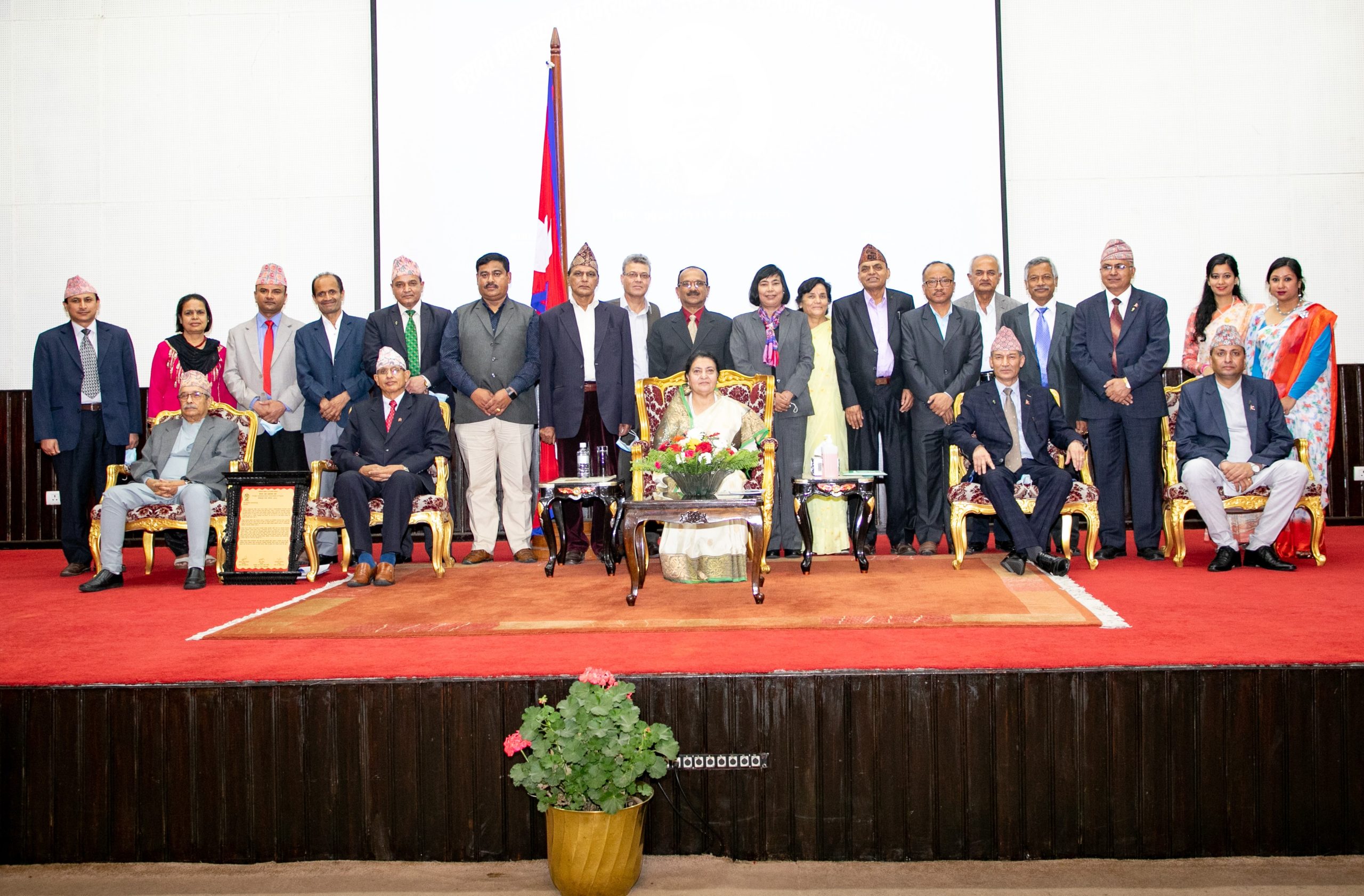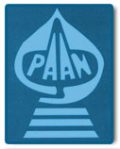About PAAN

Introduction of PAAN
P
ublic Administration emerged as an academic discipline in Nepal in the early 1980s with the creation of the Central Department of Public Administration within Tribhuvan University. Several academic institutions have since been contributing to the academic development of the discipline.The professional facet of public administration comes from the government bureaucracy and public enterprises. Realizing the need for harmonizing and integrating the academic and practitioner side of public administration, a group of professionals from both sides established the Public Administration Association of Nepal (PAAN) in 1990. Since its establishment, PAAN has been active in the field of public administration and public affairs management.
Vision of PAAN:
PAAN envisions itself as a community of academicians and practitioners to promote consensus and convergence on the issues related to public administration, governance, and public affairs management.
Mission of PAAN:
To act as a leading professional and academic association for providing policy support, research, advisory services, training, and advocacy to promote good governance, democracy and overall development of Nepal.
Values of PAAN:
PAAN upholds professionalism, neutrality, integrity, quality, accountability, transparency, public service, inclusiveness, respect for diversity, and public good in public administration and management.
Values of PAAN:
With the overarching goal of supporting good governance, democracy and development in Nepal, PAAN has the following objectives concerning public affairs management and public administration:
- Act as a platform for the exchange of information and experience;
- Provide academic and professional feedback to policymakers;
- Provide evidence-based and research-supported policy support and advice to the concerned government institutions;
- Promote the discipline and to engage in advocacy in its support;
- Contribute to the agenda of reform and innovation in the subject;
- Conduct research and publish reports disseminate the findings and pursue their translation into policy and practice;
- Establish professional networking among the individuals and organizations in the field within and abroad
Activities.
To achieve its objectives, PAAN conducts the following activities, in the field of governance, public administration, and public affairs management:
- Research, publication and dissemination;
- Conferences, seminars and interactions;
- Policy analysis, support and feedback;
- Advisory services; and
- Training;
Since its establishment, PAAN has been producing various policy recommendations, organizing deliberations on topical issues, conducting research and training, bringing several publications and providing professional advisory services to various government agencies and public institutions.
PAAN Journal: PAAN has been publishing a PAAN Journal, since 1994, carrying articles contributed by various academicians and practitioners covering topical issues on public affairs management. In the last 20 years, 28 volumes of the Journals have been published.
Hem Bahadur Malla Honour: Under the sponsorship of the Salt Trading Corporation Ltd, PAAN has been annually awarding since 2003 the Hem Bahadur Malla Honour to a public sector manager or academician with demonstrated excellence, exemplary leadership, and clean public image in public service, administration and management.
PAAN Gold Medal: Since 2021/22, the Association has been awarding a PAAN Gold Medal to the student who secures the first position in the Master’s Level in Public Administration from Tribhuvan University.
PAAN Stand: Each year, the Association adopts a PAAN Stand outlining its position on topical issues of public administration, governance, and public affairs management.
Membership and Network.
As a professional association of academicians and practitioners in public administration, PAAN has a wide network of members coming from the academic, administrative and managerial sides of the discipline. It consists of individual, institutional and associate members.
Any practitioner, professional or academician in the field of public administration and management may become an individual member upon meeting the eligibility criteria as stated in the PAAN statute. Government and semi-government organizations, business houses and training institutes in the field of public administration and management may be granted institutional membership. Currently, PAAN has eleven institutional members.
PAAN has been networking with international professionals and organizations in the field of public administration and engaging in regular interaction with them. PAAN has signed MoUs with the International Public Policy Association (IPPA) in France, and the South Asian Network for Public Administration (SANPA).
